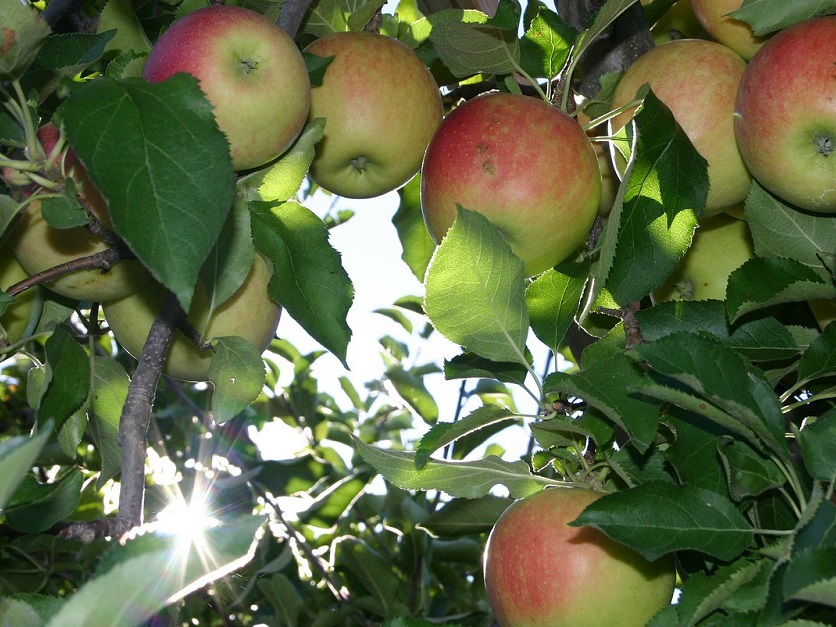WASHINGTON, Jan. 25, 2017 – President Donald Trump today signed two new executive actions to boost immigration enforcement – including an order to begin construction of the promised wall -- but that has some in the farming sector on edge because of the industry’s reliance on foreign labor.
“I think on the ground there’s a lot of anxiety,” said Kristi Boswell, a director for congressional relations with the American Farm Bureau Federation.
That’s because much of the labor force that picks the fruits, vegetables and other crops in the U.S. are undocumented and in danger of being deported. Farm groups have lobbied Congress for years to reform U.S. immigration policy by creating new legal paths for farmers to hire foreigners, but it hasn’t happened yet.
“The Farm Bureau supports border security, and I hope that this can be a step toward moving the entire debate forward,” Boswell said in an interview.
But farming or the need for an agricultural workforce wasn’t mentioned by Trump when he signed the orders during a trip to the Department of Homeland Security in Washington. He highlighted the need to dismantle the drug cartels and keep illegal weapons and cash from flowing out of the country during a speech after the signing.
Besides ordering construction to begin on a “large physical barrier,” the presidential actions also order the creation of new detention facilities and threaten to withdraw funds from so-called “sanctuary” cities that offer protection to illegal immigrants, according to White House spokesman Sean Spicer
“A nation without borders is not a nation,” Trump said. “Beginning today the United States of America gets back control of its borders.”
Farmers need to have control of their labor force, though, and there isn’t a good system in place yet to allow that, said Zack Clark, a government relations representative for the National Farmers Union.
“We’re certainly concerned,” Clark said, stressing that new construction on a wall is a distraction from the core issue for farmers of securing a stable workforce.
“We’re okay with increased border security as a matter of policy,” Clark said. “We’re okay with interior enforcement, but only in the context that it’s accompanied by visa reform that’s … flexible and meets the needs of our producers.”
The primary legal way in for farmers to employ non-U.S. citizens is the H-2A guest-worker visa program, but it's widely panned as slow, burdensome and unable to meet the needs of the agriculture sector.
The Senate passed the Border Security, Economic Opportunity, and Immigration Modernization Act in 2013. Farm groups lauded the bill for meeting their labor needs, but the House never voted on it.
Trump was critical of that legislation last year during the presidential campaign. A passage on his campaign website stated, “When politicians talk about ‘immigration reform' they mean: amnesty, cheap labor and open borders.”
But Boswell said she is still hopeful.
“With President Trump taking these steps on the border … we can get past some of the hurdles of enforcement and actually talk about the substance of immigration reform and getting to solutions that will fix our legal immigration system and ensure agriculture gets a stable workforce,” she said. “I think enforcement alone is very devastating for agriculture.”
#30
For more news, go to: www.Agri-Pulse.com


